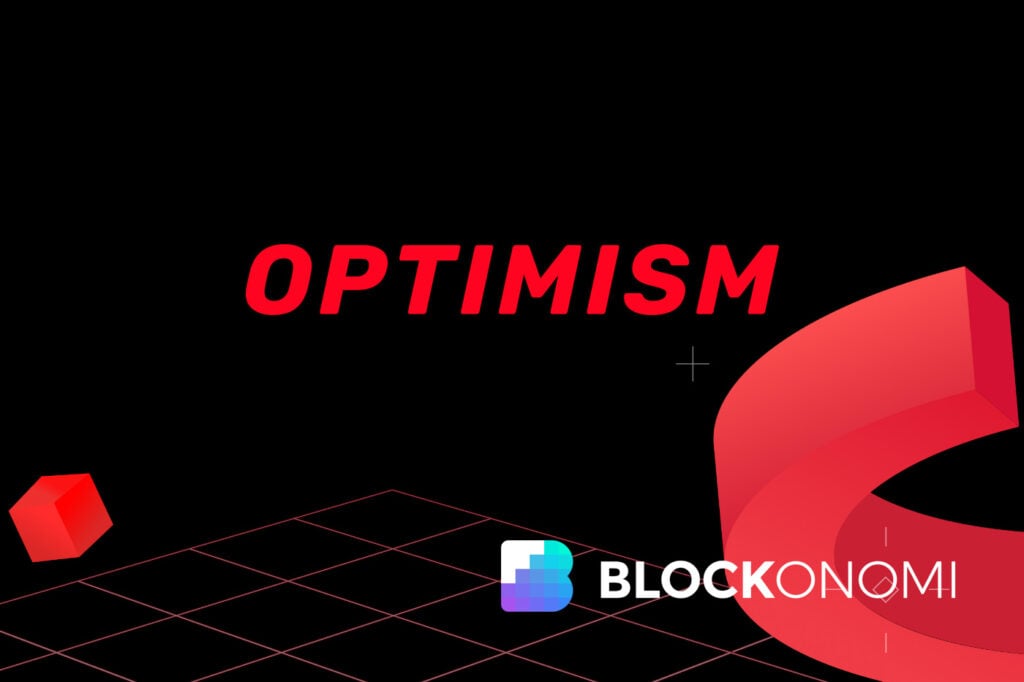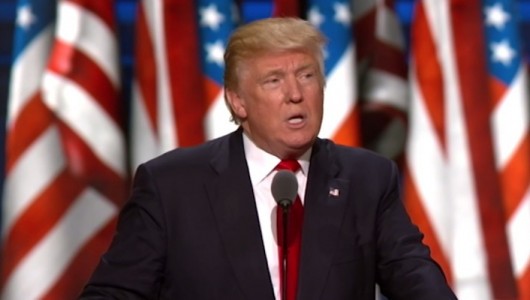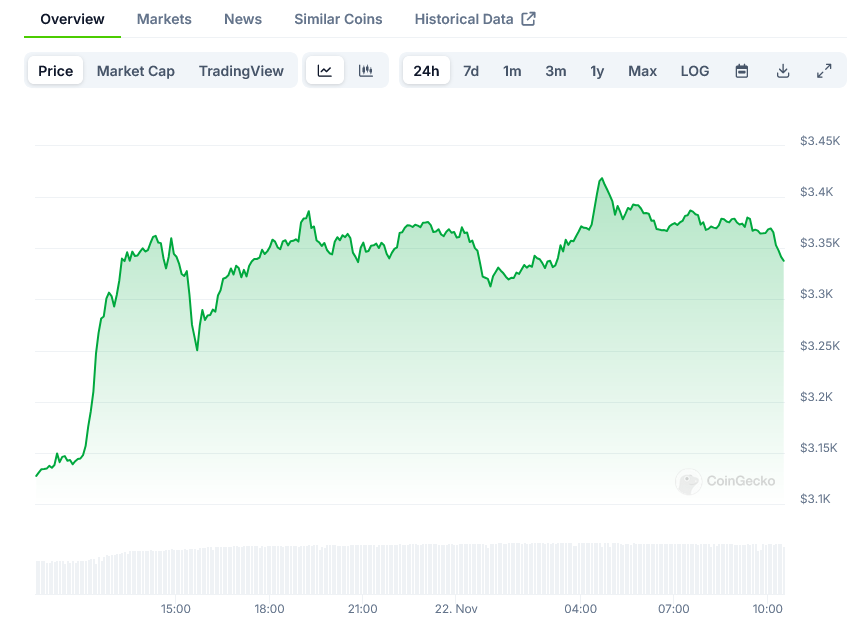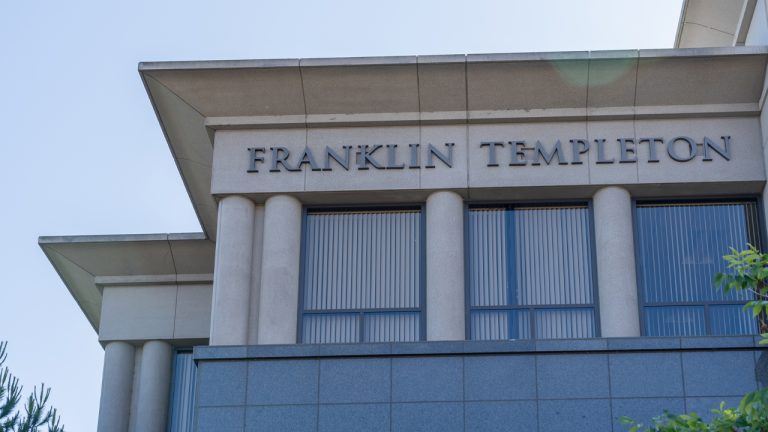Where to Buy Optimism OP Crypto: Complete Guide

Although Ethereum is home to thousands of decentralized applications, its reliance on the proof-of-work (PoW) consensus algorithm makes it slow and expensive for the regular user.
As a result, layer-2 scaling solutions have been developed to offset the transaction load. One of the most popular is the Optimism rollup blockchain, which bundles transactions and validates them off-chain.
Investors who know how to buy Optimism (OP) can tap into scaling solutions’ growth and huge potential. In this guide, we will explore Optimism, exchanges that allow users to purchase Optimism’s native token, and how to invest in OP crypto.
Where to Buy Optimism
This section is our top picks of where and how to buy the Optimism OP Crypto token. We chose these based on our experience of using them and considered fees, security, payment options and reputation.
- Binance: Largest Crypto Exchange with Low Fees
- Coinbase: Highly Regarded and Easy to Use for Beginners
- Gate: Solid Platform With Lots of Coins
Visit The Top Pick
 Binance: Reputable Exchange with High Liquidity
Binance: Reputable Exchange with High Liquidity
Binance is the largest cryptocurrency trading exchange in daily trade volumes. The exchange offers investors full access to trade over 600 crypto assets.
The renowned platform also features a well-detailed learning curve and advanced trading tools that support well-experienced traders and investors looking to learn how to buy different cryptos. Although Binance features a user-friendly interface that facilitates a great user experience, it is more suited for well-experienced traders.
Read: Our Full Binance Review Here
Binance has a minimum deposit of $10. This enables investors to kickstart their investing journey with low fees. Investors can also initiate deposits through seamless payment methods like wire transfers, credit/debit cards, peer-to-peer (P2P) payments, and other e-wallet solutions.

Binance deposits come with a fee that varies based on the payment method used. For instance, the global exchange charges a standard fee of up to 4.50% for all deposits made with a debit/credit card.
All investors enjoy very low fees when trading on Binance, as it charges a standard trading fee of 0.1%. For investors that buy using Binance token (BNB), a discount of 25% on trading fees will be applied.
In addition, investors can rest assured that their funds and data are well protected whenever they trade on Binance. The broker features top-notch security measures like two-factor authentication (2FA), cold storage to keep most coins, whitelisting, and advanced data encryption to protect funds and data. Binance functions effectively in over 100 countries and has a spin-off regulated platform (Binance.US) that tends to US-based traders and investors.
Pros
- Trading fees at 0.01%
- High liquidity
- Wide range of payment methods
- 600+ crypto assets in library
Cons
- Interface is suited for advanced traders
- US-based customers cannot trade most coins via its subsidiary
 Coinbase: Simple & Easy to Use Exchange
Coinbase: Simple & Easy to Use Exchange
Coinbase is also a great option for investors looking for how to buy the crypto seamlessly. The US-based crypto trading platform enables users to buy, sell, and stake cryptocurrencies with zero complexity.
Coinbase integrates a user-friendly interface that simplifies crypto trading. The crypto trading platform supports well over 10,000 blockchain-based assets.
Read: Our Full Coinbase Review Here
The exchange’s signup and verification process take less than 10 minutes. For traders looking to invest easily, Coinbase is a great alternative to Binance.
Coinbase has a minimum deposit of $2, the lowest minimum deposit in the market presently This exchange also offers a wide range of deposit methods like automated clearing house (ACH), Wire transfer, debit card, and e-wallet solutions, as well as cashouts in local currencies like USD, GBP, and EUR. Coinbase charges up to 3.99% for debit card deposits.

Investors enjoy a 4% cash back reward whenever a Coinbase debit card is used for crypto purchases.
For fees, Coinbase charges a competitive fee of 0.5% – 4.5% depending on the payment method, cryptocurrency type, and transaction sizes.
Coinbase has evolved from a traditional exchange to a versatile platform with great services dedicated to retail and institutional investors, such as an in-built exchange wallet, self-issued cash back visa card, staking, derivatives, asset hubs, ventures, and many more.
Furthermore, Coinbase has in-built security practices like 2FA verification as an added security layer to investors’ usernames and passwords, crime insurance that secures digital assets from theft and fraud, and many more.
Also, Coinbase is licensed by the Securities and Exchange Commission (SEC) and regulated by top financial authorities like Financial Conduct Authority (FCA), Financial Crimes and Enforcement Network (FinCEN), and the New York State Department of Financial Services (NYSDFS).
Pros
- Beginner-focused
- Licensed and reputable platform
- Insurance in case of hacks
- Low minimum deposit
Cons
- High fee compared to competitors
- No credit card deposits for US customers
 Gate.io: Solid Platform With Lots of Coins
Gate.io: Solid Platform With Lots of Coins
Gate.io is a cryptocurrency trading site that aims to offer its members an alternative to the exchanges currently dominating the market.
The site has been in operation since 2017 and aims to capture a portion of the cryptocurrency trading market by offering its users hassle free access to a number of hard to find coins and up and coming projects.
The site is also designed to help investors find specific information related to both their preferred coins and overall market trends.
Read: Our Full Gate.io Review Here
Trading mostly takes place on a web-based trading platform that is similar to most cryptocurrency exchanges. The site incorporates a number of functional features such as an order book, trading history, and charting.

Pros
- A wide range of currencies
- A low fee structure
- Simple registration process
- Functional platform with a mobile app available
Cons
- Unregulated
- The team is not very transparent
- No fiat currency transfers
 What is Optimism?
What is Optimism?
Optimism is a layer-two scaling solution native to the Ethereum blockchain. The tool makes it easy for developers to build on Ethereum while avoiding scalability problems.
To understand Optimism, it is also important to examine Ethereum. Arguably the most popular blockchain, Ethereum has become a hub for decentralised application (dApp) developers looking to build across multiple fields – from NFTs to decentralised finance (DeFi) to blockchain gaming.
However, with this popularity also comes an issue. The influx of developers and apps has made Ethereum unscalable, with transaction fees rising and latency becoming a more prominent issue. This has led to the rise of alternative blockchains like Solana and Avalanche, many of which have higher performance metrics and can handle even more transactions per second than Ethereum.
Looking to solve this problem, the Ethereum Foundation is working on Ethereum 2.0 – an upgrade to the blockchain that will see it shift to proof-of-stake and introduce concepts like sharding to improve scalability. In the meantime, layer-two blockchain protocols have also been launched. These protocols are essentially blockchains that work on the Ethereum mainnet.

Optimism is one such protocol. Built on the Ethereum blockchain, Optimism is powered by Optimistic rollups – a technology that bundles large amounts of transaction data into small batches. Optimism handles transactions on its system as a layer-two chain, while transactional data gets posted to the Ethereum mainnet for validation.
Optimism launched its OP token in May 2020 after moving into a fully decentralised working module. The token gives holders the right to participate in The Optimism Collective – a two-tier governance system that houses the Citizens’ House and the Token House. The Citizens’ House governs most public funding decisions, while the Token House handles technical decisions related to Optimism. OP holders vote in both houses, making the token highly functional.
Optimism Wallets
Digital asset storage is as important as investing in digital assets. To store digital assets, crypto investors use crypto wallets. However, selecting one out of the multiple available options largely depends on the user’s needs and portfolio size.
Below, we briefly explain the types of crypto wallets and their use cases:
Software Wallet
Hot wallets, also called software wallets, are one of the most popular cryptocurrency storage options. They are always online, hence the affiliation with the ‘hot’ tag. Investors can easily get a hot wallet once they open an account with a crypto exchange. This allows them to store and manage their private keys, which prove their ownership of their assets to the blockchain network. Hot wallets are usually more convenient for everyday crypto transactions and can be custodial or non-custodial.

A custody wallet is responsible for storing assets to an exchange or a third-party platform. The user only places an order for a transfer or receipt, and the exchange signs off on the transaction, much like the traditional banking system. Meanwhile, a non-custodial or self-custody wallet gives the full responsibility to the end-user.
Hot wallets are usually free, but they are largely considered less secure due to their constant internet connectivity. An instance of a hot wallet is the Binance Wallet.
Hardware Wallet
A Hardware wallet is a device which has been created to provide an extra layer of security when interacting with your various cryptocurrency wallets.
Normally you would use your private key to move funds, the problem is though, if your computer has been compromised with malware or a virus, it is possible for your private keys to be captured and used to steal your funds.

With a hardware wallet, the private keys are stored on the device and never exposed to your computer, which means even if you are infected with such a program your private keys will remain safe. These options are safest way to store your crypto if you have more than a small amount.
Popular examples of cold storage offerings are the Ledger and Trezor line of hardware wallet solutions, read our reviews:
Mobile wallet
A mobile wallet is essentially a hot wallet on a smartphone device. They offer users an even more convenient way to use their coins for daily activities. Mobile wallets store and manage users’ private keys while enabling them to pay for things they love with their digital assets.

These wallets are usually free and always online for transactions to be processed. Popular mobile wallets are eToro Money Wallet and Coinbase Wallet.
Desktop wallet
A desktop wallet is a PC version of a hot wallet. It is essentially software that an investor downloads into their personal computer or laptop for easy interaction with their digital coins. They also offer a browser extension which allows users to interact using an extension instead of downloading the entire software. Desktop wallets are also hack-prone due to their online nature. A popular example is the Exodus Wallet.
Paper Wallet
The paper wallet is arguably the oldest form of crypto wallet. They are no longer common in the modern crypto industry. It contains users’ public and private keys. The paper wallet is the least secure type of wallet as it can easily be lost, stolen, or torched.
Best Optimism Wallet
Users often wonder what the best crypto wallet is for storing their digital assets. This is largely a subjective issue. Depending on an investor’s unique needs, they can pick any option that suits them.
However, our top pick for storing digital assets is the Binance Wallet. The platform is a crypto wallet solution from the world’s largest crypto exchange by trading volume.

Binance Wallet has impressive features, including support for 600+ coins and direct access to the burgeoning Binance ecosystem while storing assets using state-of-the-art security processes. This includes two-factor authentication (2FA), backup recovery phrase, and address whitelisting.
For convenience, Binance Wallet is a great choice as users can easily complete crypto transactions within seconds as against using a hardware wallet.
How To Buy Optimism
After exploring where to buy and the coin’s use cases, the next thing is to explore how to buy it for your portfolio. Binance is our recommended exchange, so we’ll explore how to purchase the asset using Binance.
Step 1: Sign Up
Go to the Binance home page and click on “Register”.

Binance allows investors to register using their mobile phone, email address, or Google account. Most users choose the first two options and provide their phone numbers, emails, and desired passwords. A link will be sent to their registration channel of choice, and investors can click on it to authenticate their accounts.
Step 2: Verify Your Identity
Like many other regulated brokers, Binance requires that investors verify their identity before commencing their purchase.
To complete the process, visit the “Identification” tab. Investors will have to share personal information, their proof of residence, and a government-verified means of identification. This process should take no more than a few minutes to complete.
Step 3: Deposit Your Funds
Next, investors will have to deposit into their Binance wallets. The exchange makes deposits possible using payment processors, wire transfers, bank deposits, and direct crypto transfers. And its required minimum deposit is $10.

To make a deposit, go to the “Payment” section and click “Add a new payment method” to enter payment details. Alternatively, investors can click the “Buy Crypto” button to select a payment method and complete their transfer.
Step 4: Buy
With a funded wallet, investors are ready to make a your purchase. Head to the “Buy Crypto” section and enter the desired amount. Click on “Continue” after reviewing the terms, and the wallet should be updated immediately.
Conclusion
Ethereum scaling solutions are becoming increasingly important due to the role they play in relieving the PoW network’s transaction load. They are fast, low-cost, and more user-centric than Ethereum. In a highly competitive space, Optimism stands head-over-shoulders among its peers and is the most popular scaling solution only behind Polygon.
Binance remains our top choice to buy Optimism OP. The platform offers the lowest trading fee in the industry at 0.1% and offers huge crypto liquidity. It also comes with advanced trading tools and derivatives trading suited for advanced traders.
Optimism OP FAQs
Where can I buy Optimism?
Traders can buy Optimism from the Binance platform. You can easily sign up for an individualized account on the Binance website, upload a copy of their driver’s license or official passport, and deposit a stipulated minimum of $10 to buy the OP token.
Does Optimism have a token?
Yes, Optimism has a utility token that powers most of its operations. The digital asset is utilized for voting on network proposals, staking, and network fees.
How do I invest in Optimism?
Investors can easily open a new trading account on any of our reviewed crypto brokers, verify their accounts, and deposit a stipulated minimum to buy OP.
How high can Optimism coin go?
Given that crypto assets are volatile by nature, this is largely unknown. However, the digital asset has made a strong showing this year. It surged to $4.57 in May. With crypto and DeFi adoption rising, the digital asset may rise with the broader crypto market.
The post Where to Buy Optimism OP Crypto: Complete Guide appeared first on Blockonomi.





























